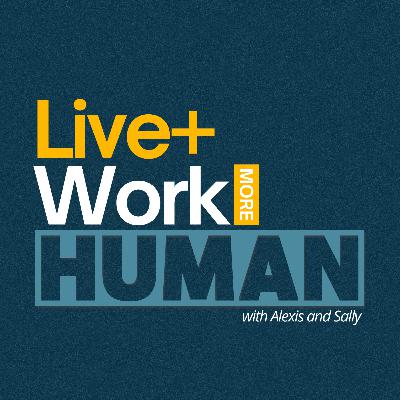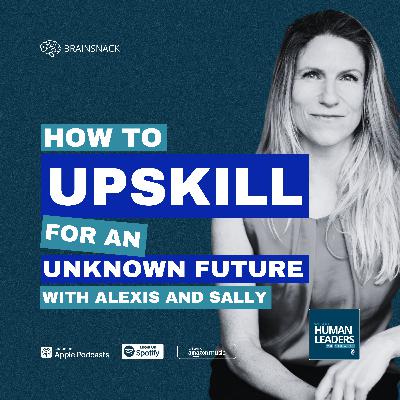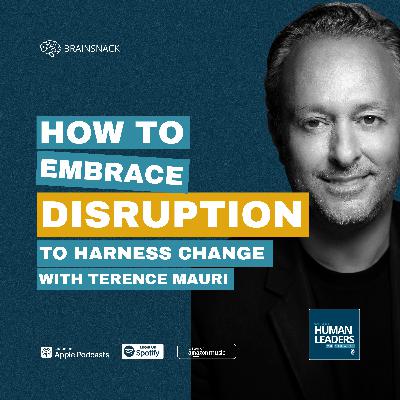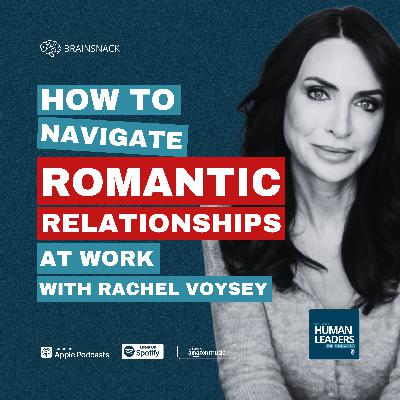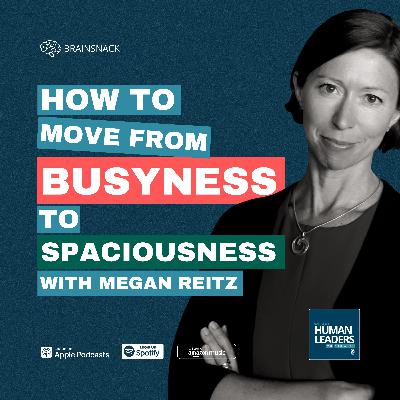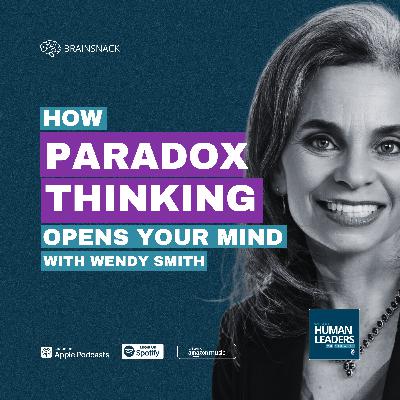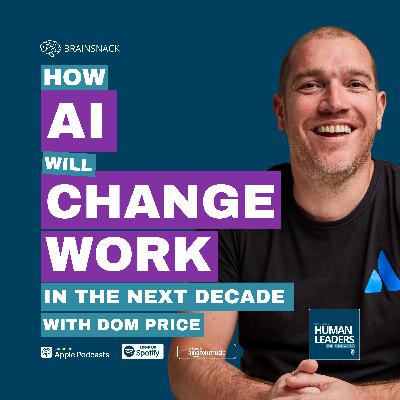
Live+Work More Human
Author: Alexis Zahner & Sally Clarke
Subscribed: 18Played: 623Description
Conversations to inspire expansion and growth.
Welcome to the Live+Work More Human podcast (formerly We Are Human Leaders), Co-hosted by Alexis Zahner and Sally Clarke. The home of big ideas, bold conversations and brave questions on all things work, life and leadership.
We focus on what’s novel: new takes on leadership, new research and insights, new ways of looking at things.
We share stories, data, inspiration and insight in conversations designed to spark ‘aha’ moments – and empower you to create change, live and lead authentically, and build workplaces where people thrive.
Join us, and be the change you want to see at www.liveandworkmorehuman.com
Hosted on Acast. See acast.com/privacy for more information.



